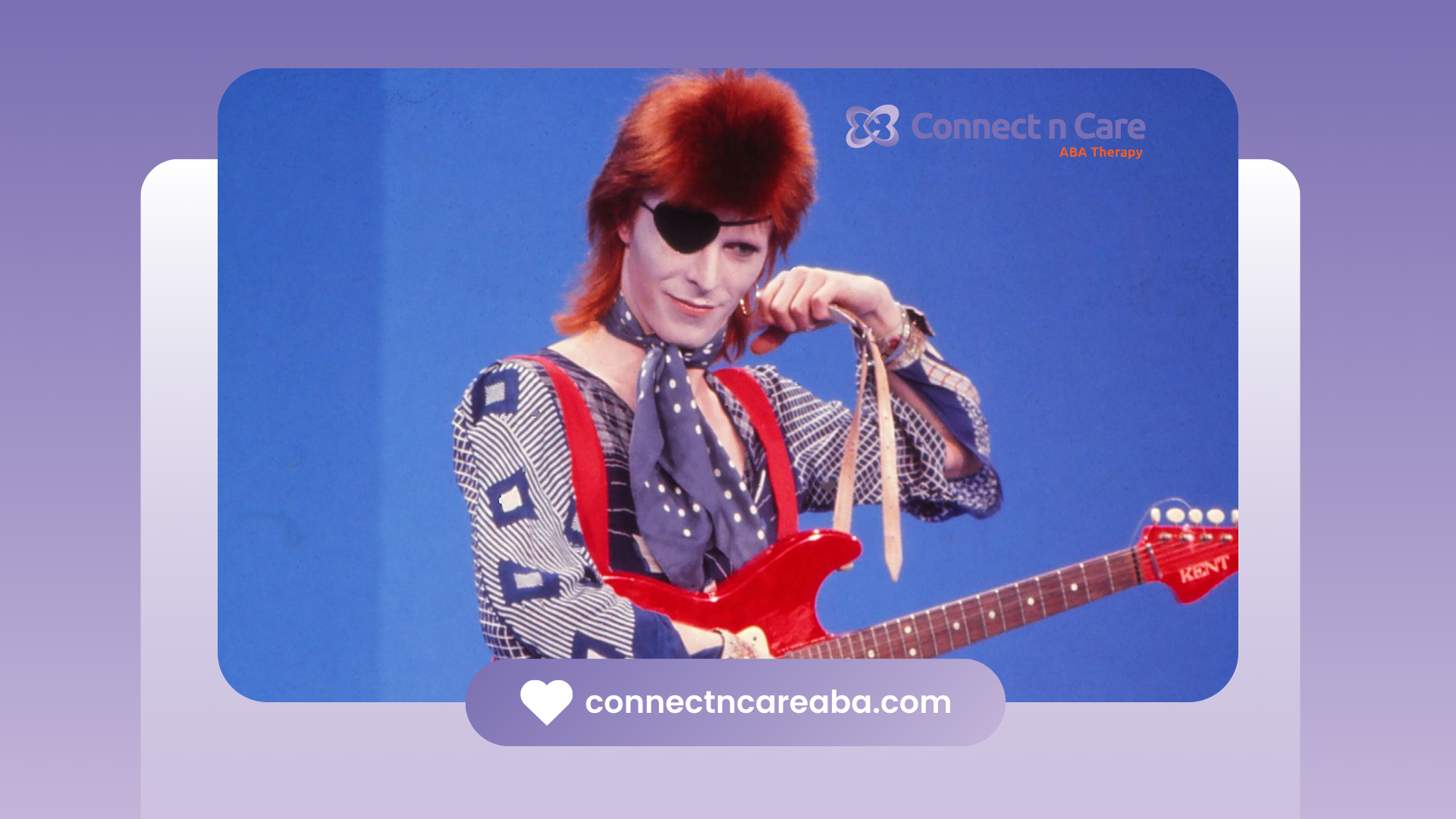In the world of chess, few names shine as brightly as Magnus Carlsen. The Norwegian chess prodigy, who became a grandmaster at the tender age of 13, has fascinated the public not only with his extraordinary skills on the chessboard but also with his unique personality traits. This has led to widespread speculation about whether Magnus Carlsen is autistic. While it's important to respect his privacy and the fact that a formal diagnosis (or lack thereof) has not been publicly shared, this topic opens a broader and significant discussion about autism and talent.
The Connection Between Autism and Exceptional Abilities
Autism Spectrum Disorder (ASD) is a developmental disorder characterized by challenges in social interaction, communication, and restricted, repetitive patterns of behavior or interests. However, it's also not uncommon for individuals with autism to display remarkable abilities in certain areas, such as music, art, mathematics, and, yes, chess.
The idea that some of the most talented people on earth are autistic or show signs of autism is not without merit. History is replete with examples of extraordinary talents who exhibited traits consistent with autism. From Wolfgang Amadeus Mozart to Albert Einstein, many geniuses have displayed characteristics that align with the autism spectrum.
Does Magnus Carlsen Have Asperger's Syndrome?
Asperger's syndrome, a condition on the autism spectrum, is often associated with high intelligence and a focused interest in specific topics. The speculation around Magnus Carlsen possibly having Asperger's stems from his exceptional chess skills, extraordinary focus, and distinct social demeanor. However, without a formal diagnosis disclosed to the public, it remains just that – speculation. It's essential to approach such conjectures with sensitivity and an understanding that assigning labels without a professional diagnosis can be misleading and potentially harmful. The focus should remain on celebrating Carlsen's achievements and contributions to chess, irrespective of his neurological makeup.
Magnus Carlsen – A Case Study in Talent and Speculation
In the case of Magnus Carlsen, his phenomenal memory, intense focus, and deep passion for chess from a very young age have led some to speculate about the possibility of him being on the autism spectrum. These traits, often found in individuals with ASD, can contribute significantly to success in fields that require a high level of specialization and concentration.
However, it's crucial to note that these traits alone do not confirm an autism diagnosis. Autism is a complex neurodevelopmental condition, and its diagnosis involves a comprehensive evaluation by healthcare professional
Embracing Neurodiversity: The Real Takeaway
The discussion about Magnus Carlsen and autism brings us to a more important point: the celebration of neurodiversity. Neurodiversity is the concept that neurological differences like autism are simply variations in the human genome. This perspective encourages the appreciation of the unique strengths and talents that people on the autism spectrum bring to our world.
ABA Therapy and Supporting Talents in Autism
Applied Behavior Analysis (ABA) therapy, a widely recognized and effective treatment for individuals with autism, plays a crucial role in supporting and nurturing the unique talents of those on the spectrum. ABA focuses on improving specific behaviors, such as social skills, communication, reading, and academics, as well as adaptive learning skills. For individuals with exceptional talents, ABA can be tailored to enhance their strengths while also addressing areas of challenge.
Conclusion
While the question of whether Magnus Carlsen is autistic remains unanswered and, frankly, a private matter, his story serves as a reminder of the extraordinary potential that can be found in individuals on the autism spectrum. As we continue to embrace neurodiversity, it's essential to provide supportive environments where the unique talents of all individuals, including those with autism, are recognized and nurtured. Whether in chess, science, art, or any other field, the contributions of people on the spectrum are invaluable and deserve our admiration and respect.
Frequently Asked Questions
Does Magnus Carlsen have any disorders?
Magnus Carlsen, the chess grandmaster, has not publicly disclosed any specific disorders. However, he’s known for his incredible focus and memory, qualities that have made him one of the best chess players in history. Some people speculate that top-level chess players might exhibit certain traits commonly associated with neurodivergent conditions like Asperger’s or autism spectrum disorder, but there is no confirmed information about Magnus Carlsen having such a condition.
What is the IQ of Magnus Carlsen?
Magnus Carlsen’s exact IQ score is not publicly known, but it is often speculated to be very high due to his exceptional cognitive abilities in chess. While IQ tests measure a variety of intellectual skills, Magnus’s incredible pattern recognition, strategic thinking, and memory suggest that he likely has a high IQ, although no specific number has been confirmed.
Does Magnus Carlsen have anxiety?
There is no public information about Magnus Carlsen suffering from anxiety. As a top-level chess player, he has certainly experienced high-pressure situations, but there hasn’t been any official statement regarding him dealing with anxiety disorders. Like many athletes and competitors, he may have had moments of stress or pressure, but whether that rises to the level of an anxiety disorder is not known.









